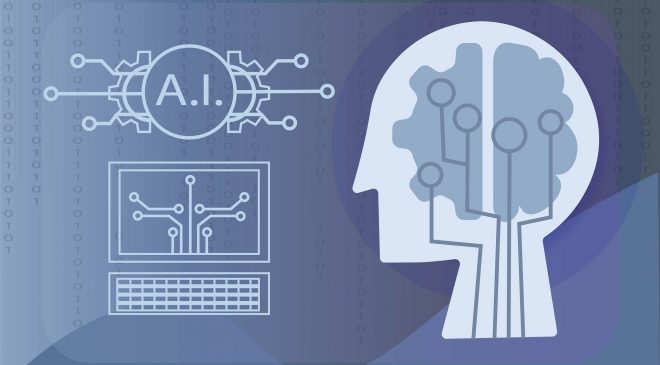
The former Head of Information Warfare for Australian Defence, shows the value of data is ‘outside of our control’.
This Meta/facebook announcement that it will no longer have face recognition, but continue with data collection, comes on the heels of a major Europol operation in Switzerland and Ukraine, conducted in concert with US law enforcement, in which 12 people accused of running ransomware operations were targeted in raids on October 29. The targets reportedly had more than 1,800 victims in 71 countries.
Former Head of Information Warfare for Australian Defence, Dr. Marcus Thompson, believes the morning’s Meta/Facebook announcement to remove its facial recognition software, but keep the algorithm powering the system, shows it’s clear the value of Australians’ data used by multinationals is ‘outside of our control’.
“While Meta has promised to delete the data associated with its facial recognition software, it doesn’t plan to remove the software – an algorithm called DeepFace – powering that system. It’s hard to put a figure to the value of the Australian data that exists in this software and others like it, but it’s easy and clear to see that it’s outside of our control.
“As Australian people and businesses digest this latest move and suffer from yet another outage from the tech giant – which has no doubt impacted Australian small businesses’ ability to sell and market their products and services – we need to take stock and reconsider our overreliance on multinational tech giants that don’t necessarily have our best interests in mind.
“Australia has some of the finest data and sovereign security skills in the world, and the cost of underutilising or failing to use those resources is increasing every day.”
Facebook CEO Mark Zuckerberg introduced Meta, which brings together our apps and technologies under one new company brand. Meta’s focus will be to bring the metaverse to life and help people connect, find communities and grow businesses.
According to a press release the metaverse will feel like a hybrid of today’s online social experiences, sometimes expanded into three dimensions or projected into the physical world. It will let you share immersive experiences with other people even when you can’t be together — and do things together you couldn’t do in the physical world. It’s the next evolution in a long line of social technologies, and it’s ushering in a new chapter for our company.
Zuckerber shared more about this vision in a founder’s letter.




